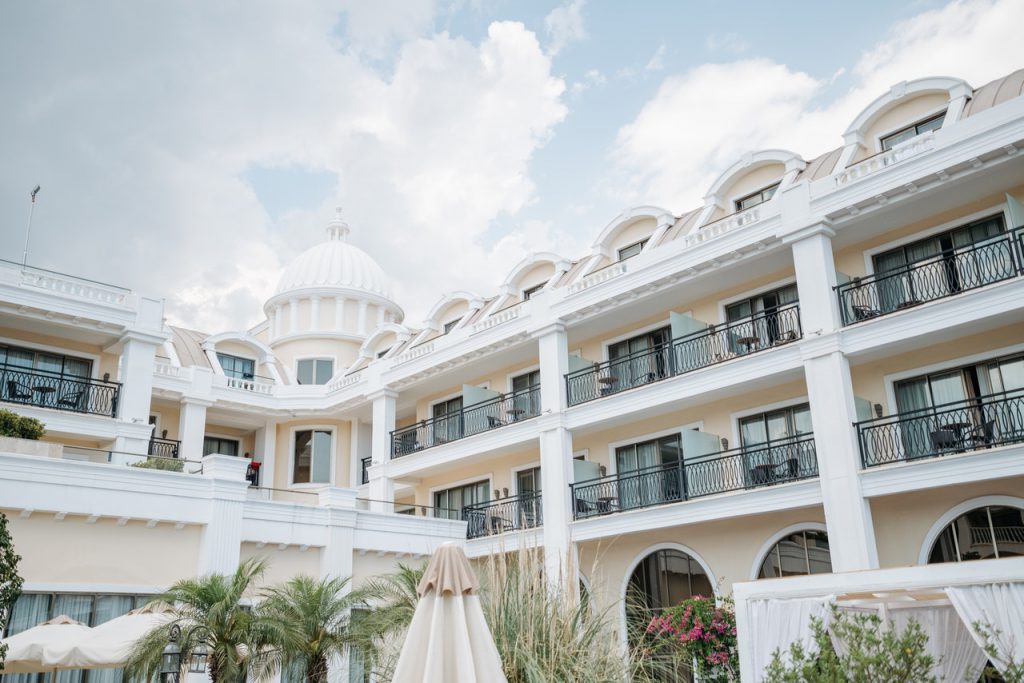
Tips To Improve Hotel Operations
One of the most critical aspects of a successful hotel and a positive guest experience is having optimized hotel operations systems. Guests have increasingly high expectations and demand a faultless experience at a hotel. Improving operational efficiency is critical to increasing visitor happiness.
Hotel operations employees are critical to client satisfaction. “A hotel’s success is just as good as its operational staff”.
While there are several methods to increase your hotel’s operational capacity, one of the most important is communication – both receiving feedback and hearing what your visitors want, as well as communication within your team.
Some Tips To Improve Hotel Operations:
Communication is Essential:
- Nothing is more crucial in any business than strong communication from the ground up. Daily, there must be strong communication between personnel, management, and people visiting.
- Employees should feel “in the know” and know who to contact if they have an issue. They should also be given the authority to make choices. They must be aware of critical information such as the arrival of VIPs or activities taking place at a hotel.
- Well-informed staff is better suited to make customers feel unique and pampered. Make sure your team checks in with visitors throughout their stay to ensure that all of their requirements are addressed; this allows you to identify any issues before they manifest into problems.
Making Wise Decisions:
- Anyone who works in the hotel industry realizes how simple it is to become overwhelmed by the sheer volume of activities and opportunities that are always available. As a result, it is critical to establish priorities. Without defining the proper priorities, you risk forgetting more critical obligations, which can directly impact the service quality of your hospitality operations.
Improve your Team’s Abilities:
- Nothing says more about your hotel than well-trained employees. They are the face of your hotel, therefore make sure they are regularly upskilled. Upskilling will not only make employees feel like they are developing in their careers and more confident, but it will also enable them to manage circumstances that are outside of their job description.
- Make frequent training in any area, from leadership to accounting, or even computer skills, a part of your hotel’s routine. This training might take place across departments as well.
Create a Culture of Ownership:
- A common issue we notice is a lack of ownership. Nothing is worse than having the visitor feel as if their problem is being handed down from one person to the next. You could even be better off expressing that you don’t want to deal with the problem in the first place… This relates to our earlier point about empowering employees to handle any circumstance on their own. Dealing with difficulties directly demonstrates your concern and helps visitors know you’re invested in ensuring they have a pleasant stay.
Leverage Technology and Software to Improve Efficiency:
- Technology is critical to enhancing hotel operations. A good technology stack can help hotels save time while also improving the visitor experience. The following tools can significantly improve your hotel’s operational performance:
PMS (Property Management System) with POS (Point of Sale System):
- Easy connection with consumers.
- Automation reduces labor intensity and mistake risk.
- Better data access
- Keyless check-in is one of the features available on well-designed systems.
CRM software:
- Through customized products, you may boost customer loyalty and service quality.
- Email campaigns, for example, are examples of automated marketing endeavors.
RMS (Revenue Management System):
- A more in-depth examination of hotel performance;
- Analyses take less time.
- Tools for internal cooperation
- Software for managing visitor preferences, requests, complaints, maintenance, cleaning, internal communication, and other tasks.
